America’s southland is home to over 118 million people, more than a third of the national population and the region’s residents are diverse. The South is home to more than half of all Black people in the United States; Texas and Florida alone are home to over one-quarter of all Latinx people in the country; and roughly one out of every three LGBTQ American adults lives in the South (more than in any other region in the country). Yet the South also remains the region most hostile to LGBTQ people.
According to a new studyLGBTQ Policy Spotlight: Mapping LGBTQ Equality In The U.S. South by Movement Advancement Project, every southern state but one has a negative or low score in terms of LGBTQ policy. In determining these scores, MAP looked at seven categories of policy that impact LGBTQ people: relationships and parental recognition, state nondiscrimination laws, religious exemptions, LGBTQ youth laws, healthcare laws, criminal justice laws, and identity document laws.
Because efforts to change discriminatory laws and pass statewide nondiscrimination legislation are nonstarters, MAP found that southern LGBTQ activism looks different from that in other parts of the country. Southern LGBTQ organizations tend to focus more on providing direct services, building coalitions, pushing for local policy changes, and conducting intersectional advocacy.
Lest their report come across as disheartening, it’s authors reiterate that, “despite the South’s hostile LGBTQ policy climate, analysis of state LGBTQ policy progress over the past decade found that there has been some clear progress at the state level, including in the South…by April 2020, all states but one had improved their scores, and five states had improved enough to change category (from negative to low or fair).”
The report also notes the significant impact of the U.S. Supreme Court marriage equality ruling had in 2015, “extending marriage and related family recognition to LGBTQ people and their families at a time when no state in the South had extended such recognition.”
So what is it like to visit the south as an out traveler? Pose actor Dyllón Burnside recently found out as he hit the road as host of the PBS limited series Prideland in which he profiles LGBTQ people across the south.
“I’m from the South and love southern culture,” Burnside explains. But he’d been on of those native sons who forged a life for himself north of the Mason-Dixon line. Those who stay, he says, “feel a deep connection to their hometowns. They also feel a responsibility to change the culture from within.” And he reminds us that travel and the ability to relocate are privileges. “There are also folks who simply can’t choose to leave.”
And there are “great queer cities in the South,” Burnside says. Atlanta is a given, but the Black gay actor was surprised by Dallas. “It has become one of my favorite cities because it is so queer and queer-friendly. It’s a queer Mecca and I had great food there, too! I was also able to visit a ranch just outside of Dallas where I got to spend some time with rodeo champion Candy Pratt and her wife Doreen. The smell of the hay brought me right back to my roots.”
Burnside grew up on a ranch in Pensacola, Florida, which he visited for the first time in six years. “That part didn’t make the series,” Burnside tells Out Traveler. “But it was tough. So many feelings rushed back to me. The beauty of my home and the town. The familiarity of it all. But it was also strangely unfamiliar at the same time. It no longer felt like home. As a Black American, I have always found myself at odds with the idea of home. As a queer man, that search for home is even more difficult. Those intersections were never lost on me during this trip down South. But I also found comfort in the not so subtle lilt in the voices of the Southern men and women I met… I found joy in the familiar foods and in the sweet tea! I found love in…strangers extending their warm southern hospitality.”
Burnside’s hometown features a gorgeous beach and the warm waters of the Gulf of Mexico, but its location has meant the city has borne the brunt of a direct hit by at least eight hurricanes since 1975. In 2000, the destination launched a 6-million-dollar project to restore marshlands, in the hopes that it would help the city weather the increasingly devastating tropical storms. It’s worked. The marshlands have also been a boon for wildlife and the local economy.
“So much development has taken place there,” since he left, Burnside says. “And there are cute restaurants and bars popping up everywhere that I want to visit once this quarantine is over. But it has truly held onto its charm through the development.”
“I had completely forgotten how beautiful Pensacola really is,” Burnside says. “It is a gorgeous town.”












































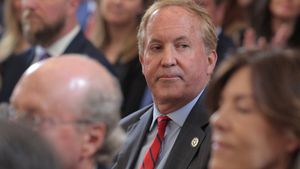













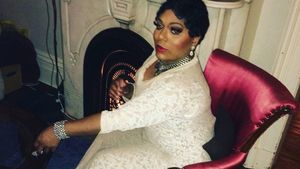












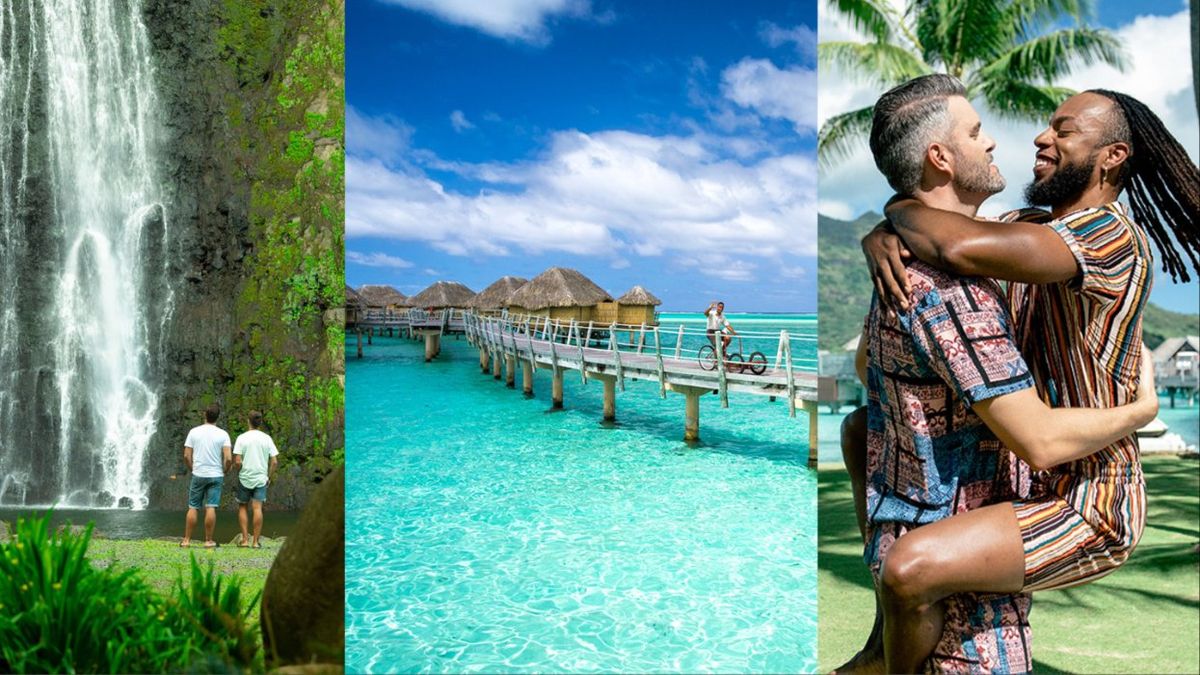


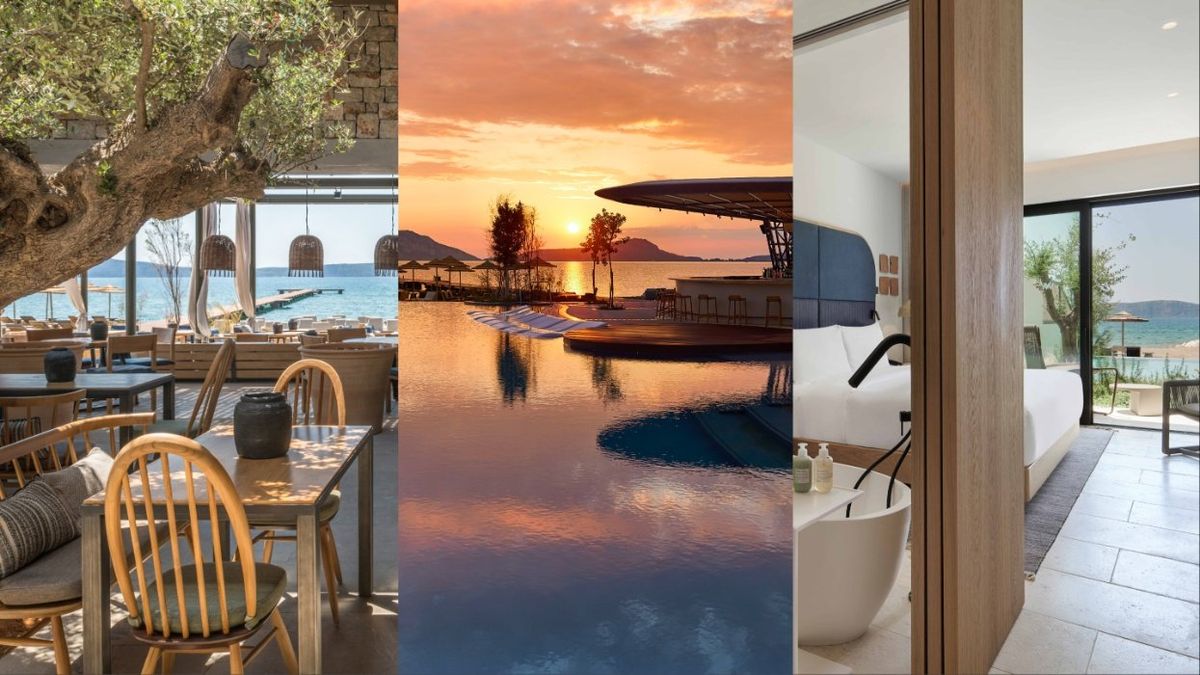



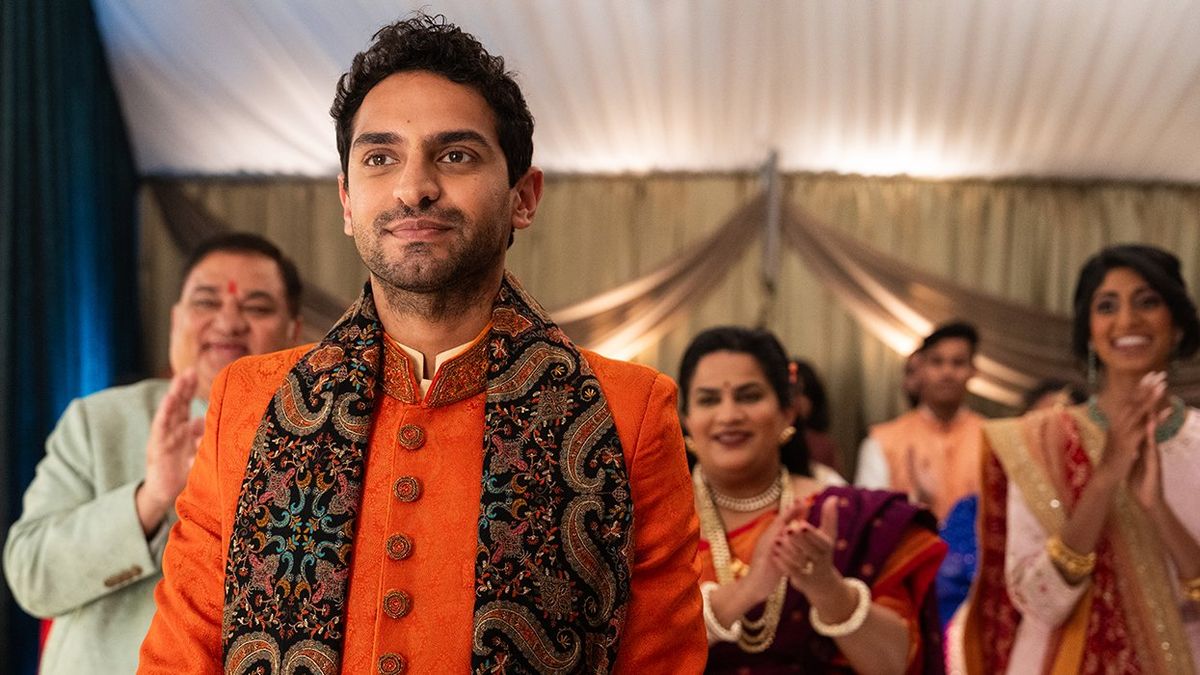
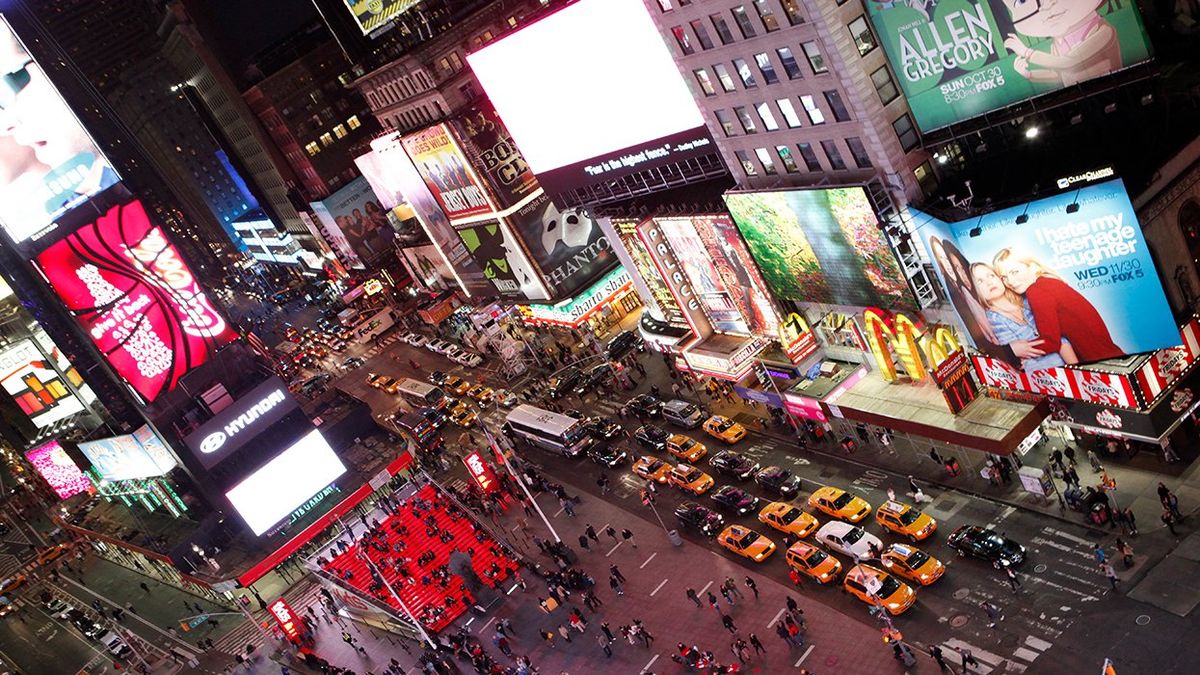
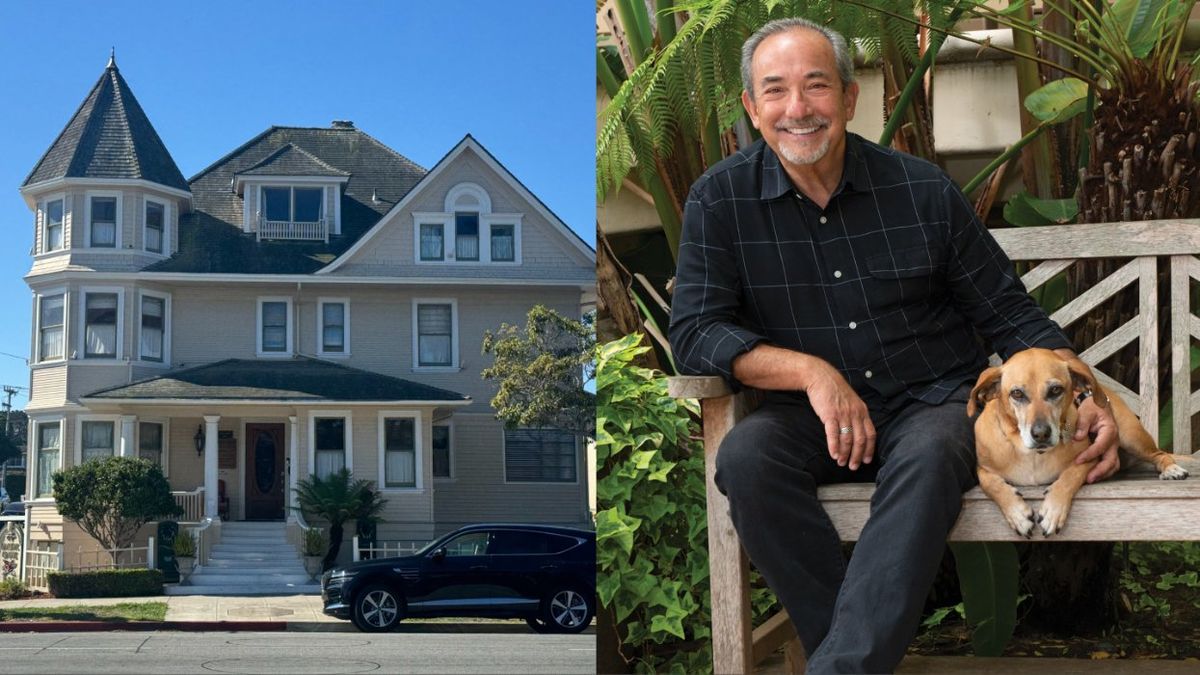





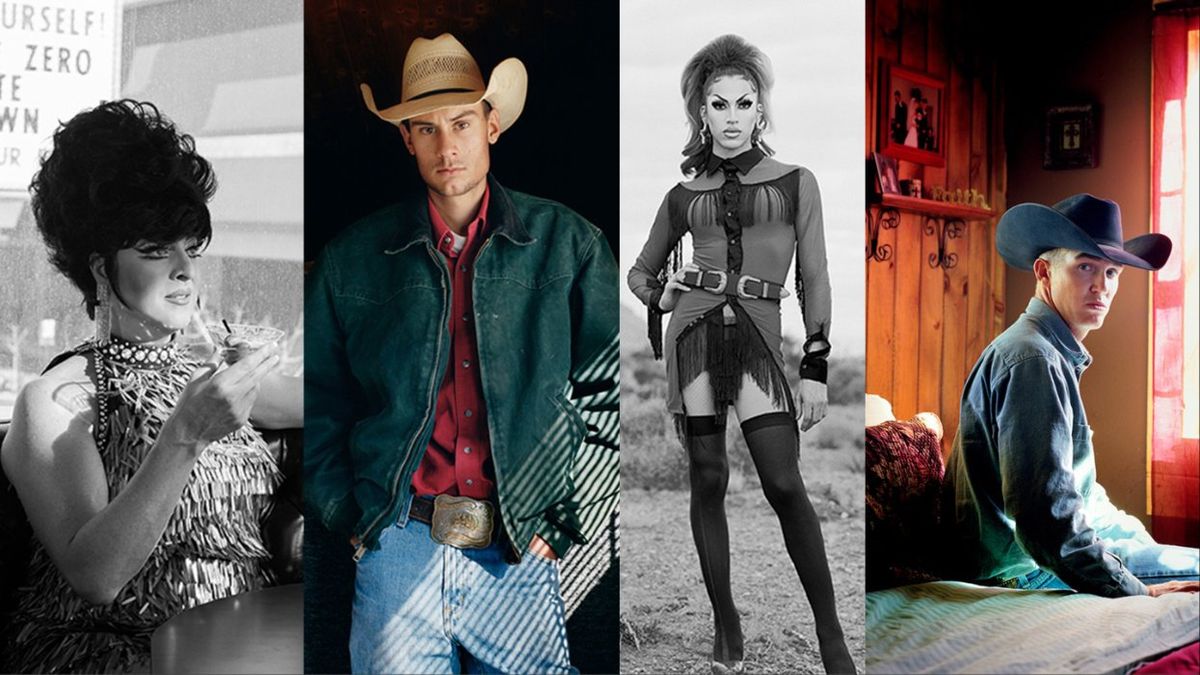



Exclusive: Lady Bunny releases new 'Hot To Blow' video